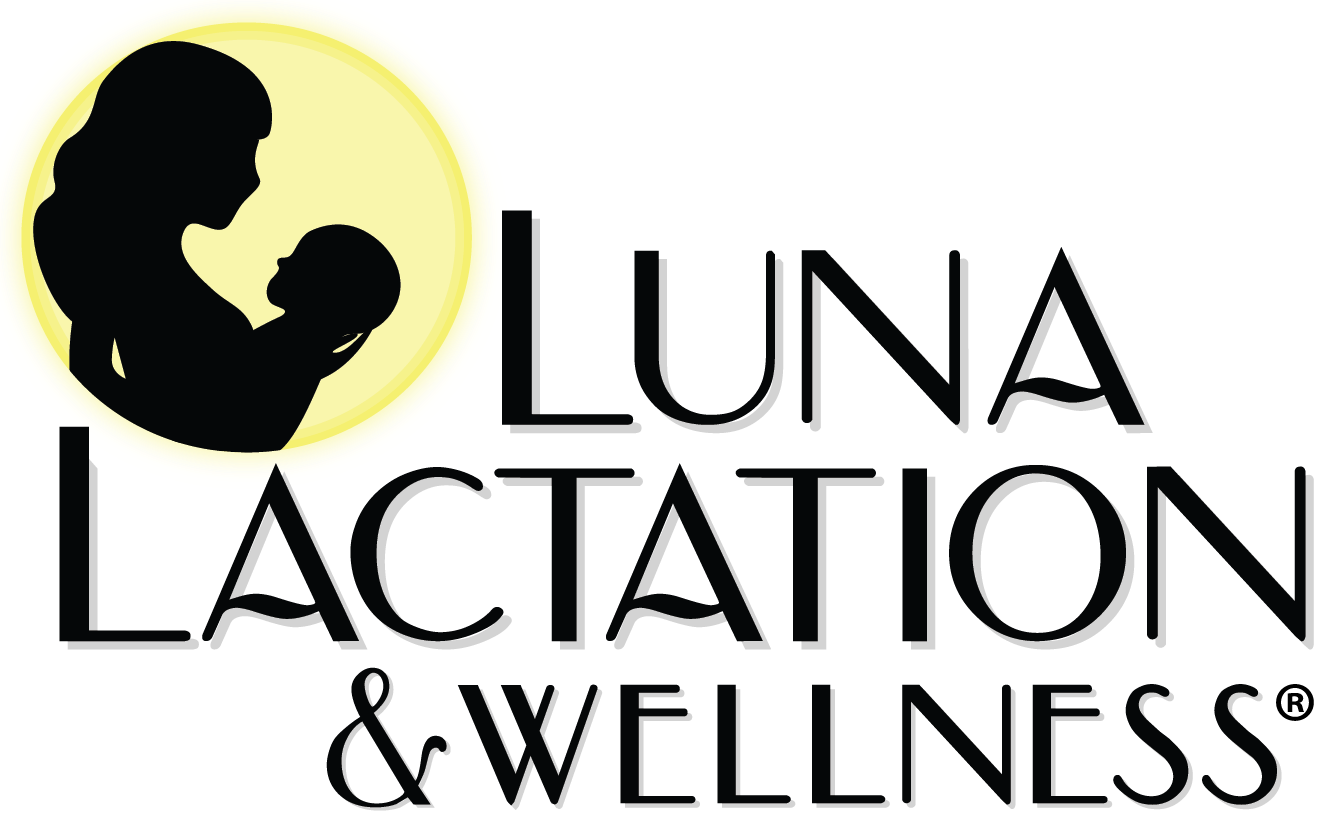This module will help you identify various types of manual therapy techniques that can support optimal feeding for the dyad. Bodywork is not a fad, cultures around the world have used manual therapy techniques to support well-being for more than 5000 years. Bodywork is a general term that describes a variety of therapeutic, hands-on modalities. Bodywork can be a resource for feeding support because it aims to address physiological issues that may be impacting optimal feeding. An overview of therapeutic techniques will be followed by actual case studies involving manual therapy as part of a care plan strategy to improve infant feeding issues.
Session Objectives:
- Identify various types of bodywork that can be used to support feeding issues
- Assess basic aspects of anatomical structure and function that may impact feeding
- Comprehensively view structure as it impacts feeding ability and provide targeted care plan strategies
- Identify resources for pediatric bodywork, including literature and qualified practitioners.
IBLCE Blueprint Areas Covered:
- I. Development and Nutrition, A. Infant
- III. Pathology, A. Infant
- VI. Techniques
- VII. Clinical Skills, B. Education and Communication
Time: 65 minutes
Cost: $45
Access for 90 days.
Includes 1.0 IBLCE CERP upon completion.
(Email support@lunalactation.com for information about discounts for Tier 2, 3 countries)
,,
"Such a fantastic, well rounded presentation.... the science to back it & the practical applications.... I thank you so much for bringing this piece to improving infant feeding!"
,,
"I was not aware that there was so much data to support infant bodywork across many modalities - it was great to learn about the evidence base we can share with parents if need be."
Disclaimer: All content and material on this site and in course modules have been created for informational purposes only. This information is not intended to diagnose, treat, cure, or prevent any disease. The content is not intended to be a substitute for professional medical advice, diagnosis, or treatment. Always seek the advice of your physician or another qualified health provider with any questions you may have regarding a medical condition.



